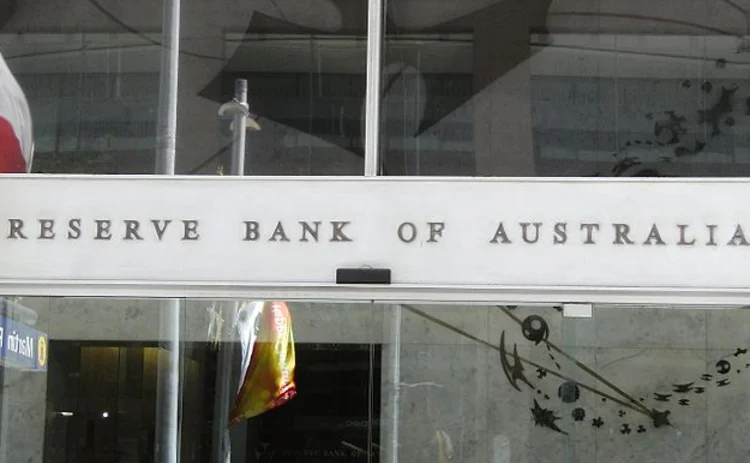
Lower unionisation ‘unlikely to account for’ low wage growth
In Australia, share of employees covered by wage agreements negotiated remains stable, RBA researchers find

Slow wage growth in Australia is not due to the recent fall in trade union membership, says a paper published by the country’s central bank.
Annual wage increases in both the public and the private sectors averaged close to 5% in the late 1990s. But over the last two decades, they’ve progressively fallen to below 3% in 2018, says the research, conducted at the Reserve Bank of Australia (RBA).
This has coincided with an abrupt decline in union membership. In 2018, it stood at 15% of wage
Only users who have a paid subscription or are part of a corporate subscription are able to print or copy content.
To access these options, along with all other subscription benefits, please contact info@centralbanking.com or view our subscription options here: http://subscriptions.centralbanking.com/subscribe
You are currently unable to print this content. Please contact info@centralbanking.com to find out more.
You are currently unable to copy this content. Please contact info@centralbanking.com to find out more.
Copyright Infopro Digital Limited. All rights reserved.
As outlined in our terms and conditions, https://www.infopro-digital.com/terms-and-conditions/subscriptions/ (point 2.4), printing is limited to a single copy.
If you would like to purchase additional rights please email info@centralbanking.com
Copyright Infopro Digital Limited. All rights reserved.
You may share this content using our article tools. As outlined in our terms and conditions, https://www.infopro-digital.com/terms-and-conditions/subscriptions/ (clause 2.4), an Authorised User may only make one copy of the materials for their own personal use. You must also comply with the restrictions in clause 2.5.
If you would like to purchase additional rights please email info@centralbanking.com







